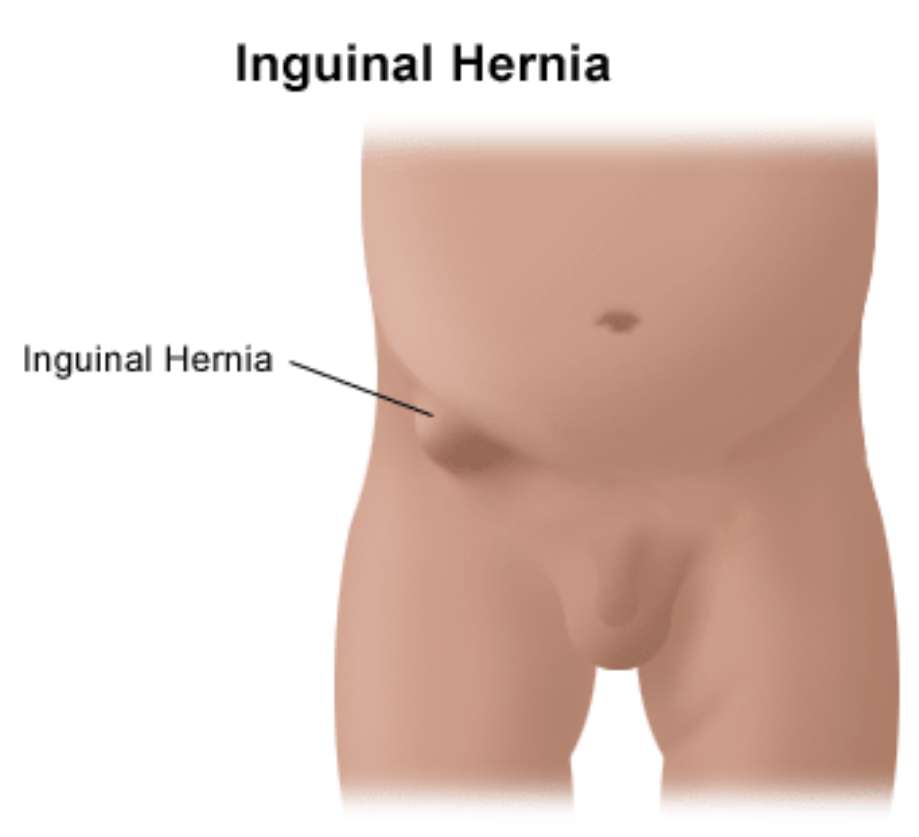
When an internal organ or other body part bulges through the muscle or tissue wall that typically contains it, it is called a hernia. The large percentage of hernias develops in the abdominal cavity, between the chest and the hips. Inguinal Hernia Surgery in Dubai or elsewhere should be carried out by the experienced surgeon.
Most Common Forms of Hernia
Inguinal Hernia – A Quick Overview
Inguinal hernia is the most prevalent form of hernia. It is a lump in the groin caused by a weakening in the abdominal wall muscles allowing a portion of the intestine to push through. Due to an inherent weakness in this location, inguinal hernias are more common in boys and men.
Types of Inguinal Hernias
Major Cause of Inguinal Hernia
When tissue, such as part of the intestine, swells up through a weak area in the abdominal muscles, it is called an inguinal hernia. When you cough, bend over or lift a large thing, the ensuing bulge might be unpleasant.
Symptoms of Inguinal Hernia
Many people have no symptoms of the illness other than a visible protrusion along with the pubic or groin areas. However, several other symptoms are commonly connected with inguinal hernia.
When patients lie down, they can usually gently push the bulge back into the abdomen, and it may even shrink in size and ultimately disappear on its own.
Treatment
Surgery is the most common approach of treating an inguinal hernia. In other circumstances, surgery may be avoided, particularly if the patient is in no pain or discomfort, or if the hernia is too small. Inguinal hernia surgery is a procedure to repair a weakening in the abdominal wall that permits abdominal contents to pass through a thin tube in the groin called the inguinal canal.
So, if you are in search of qualified surgeon with excellent knowledge and skills in Inguinal Hernia Surgery, get in touch with Meet Dr. Ali Reza.